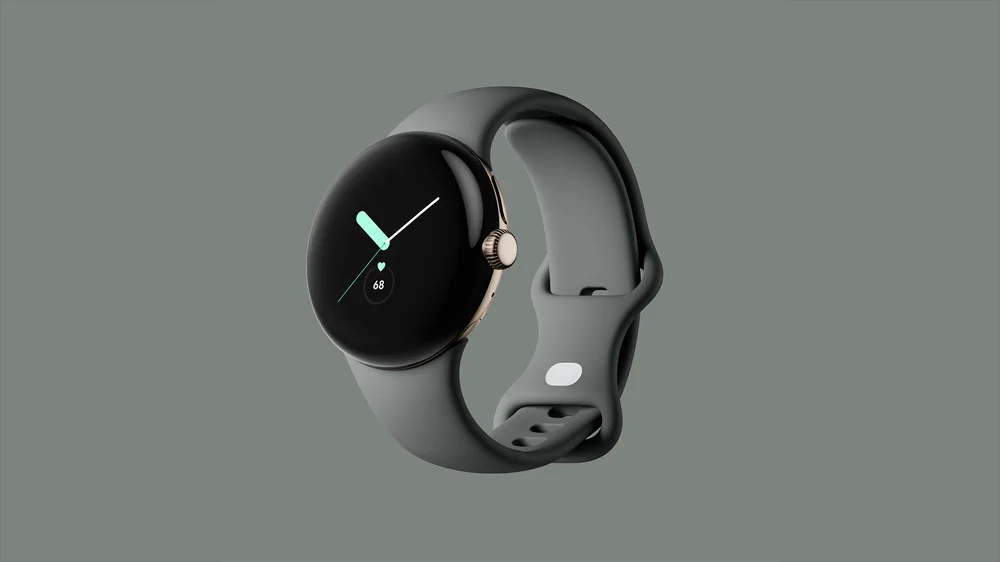Thousands of young people in Spain join the Worldcoin madness: Are you sure about giving up your biometric data for 100 euros in cryptocurrencies?

With more than 360,000 verified users in Spain, the danger is more than evident, but the same goes for the project’s strategy: approach those who are unlikely to say no. The problem is that they don’t know what they are playing with.
The launch of Worldcoin back in July 2023, the cryptocurrency project led by OpenAI CEO Sam Altman—famous creator of ChatGPT—generated great expectations, but its virality faded, until now.
In a nutshell, Worldcoin seeks to transform the global economy, offering a different approach to market leaders such as Bitcoin and Ethereum. Through the issuance of cryptographic tokens in exchange for biometric data, this digital currency does not require users to invest funds to obtain the WLD.
The moment of registration in Worldcoin is very striking. Users will do this using an orb, a round device created by the company Tools for Humanity. This biometric verification process aims to authenticate users as “humans” in a digital world increasingly driven by artificial intelligence.
What little by little disappeared like foam, has returned to the headlines, since these Worldcoin orbs and posts have invaded the entire world and Spain is no exception. Surely you have already encountered some of them and have seen the long lines of generally teenagers who crowd to register their biometric data in this device.
The incentive to do so is clear: you get a portion of these cryptocurrencies, currently valued at about 100 euros, completely free of charge. —everything depends on the market price—. However, this method has caught the attention of the Spanish Data Protection Agency, which is currently investigating several complaints related to this practice and the lack of control when it comes to children under 14 years of age registering without any problem.
Despite Worldcoin’s claims about data privacy and security, the company’s activity is not leaving anyone indifferent. The Federation of Consumers and Users (CECU) warned about the risks of sharing biometric data, highlighting the sensitivity and lack of ability to change this data in case of theft or impersonation.
“According to Worldcoin’s privacy policy, users who undergo iris scanning not only give up an image of their eyes, but also simultaneously provide personal information such as their mobile phone number.
The combination of both personal data creates an additional risk of identity theft in the long term, especially if information theft occurs,” he explains in an interview for Computer Today Juan Luis Moreno, Partner & Chief Innovation Officer of The Valley.
More than 360,000 Spanish users have already registered and Worldcoin ‘stands’ invade the cities
But be careful because this is not all and adds the following: “If proper protections are not implemented, there is a possibility that the system could be used to track and monitor people without their knowledge or consent.
“In addition, the fact that a single company like Worldcoin centralizes the management of users’ biometric data creates a specific target for potential hackers who, with a successful attack, could compromise the personal and sensitive information of millions of people,” he comments. .
Without going further, This identification method has already opened the floodgates to exploitation. BlockBeats, a China-based crypto publication, reported that people in China, where Worldcoin is not currently operational, were obtaining iris scans of residents of Cambodia, Kenya, and other countries for prices as low as $30 per scan.
Reuters
Here in Spain, currently There are already more than 360,000 verified users thanks to the 20 stands that are strategically located in shopping centers, airports and large subway stations—such as the one on Avenida América, which is currently closed—in cities such as Barcelona, Madrid, Valencia, Málaga or Bilbao.
“There may be some users with a solid understanding of the risks and benefits associated with selling their biometric data in exchange for cryptocurrencies. However, in most cases, we see a clear lack of information on the topic, regarding all among the young population, which is the most attracted to this type of technology,” comments the expert.
He concludes by commenting that “the appeal of earning cryptocurrencies can influence users’ decision-making, sometimes without fully considering the possible consequences that come with it.”



